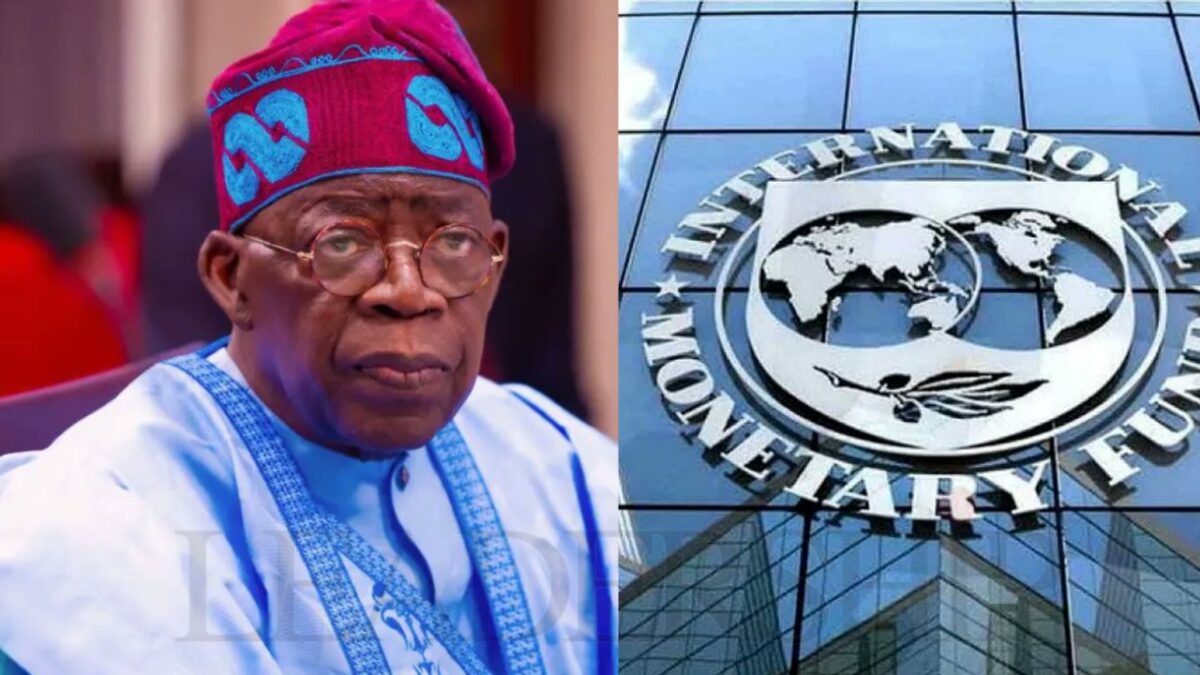FRIDAY April 25, 2025 |
By thenewsdesk.ng
The International Monetary Fund (IMF) has called on Nigeria to expand its tax revenue base to enhance its fiscal policy framework.
IMF Managing Director Kristalina Georgieva made this appeal during a press briefing in Washington D.C., held alongside the 2025 IMF Spring Meeting, according to NAN reports.
She emphasized the importance of leveraging technology and curbing tax evasion, not only in Nigeria but across other African countries, to boost revenue.
Georgieva noted that declining oil prices have intensified fiscal challenges for oil-dependent economies like Nigeria.
On the monetary front, she urged African nations to fight corruption, improve transparency, and implement policies tailored to the specific needs of their economies.
“We are no more in a place where you can look at the book of the central bank of the neighbouring country and say, ‘Oh, they are doing this; I will do the same.
“You have to really assess domestic resource mobilisation and your inflationary pressures and do the right thing for your country,” she said.
She instead encouraged the continent to strengthen regional trade and eliminate barriers hindering it.
Georgieva called on Africa to follow the example of the Association of Southeast Asian Nations (ASEAN) in enhancing interregional trade and collaboration.
Would you like a more formal or more conversational tone?
“Sometimes there are infrastructure obstacles; the World Bank is working on reducing that infrastructure obstacle to growth and trade,” she said.
Georgieva emphasized that Africa has a great deal to offer the world, from its rich mineral and natural resources to its youthful population.
She urged countries like Nigeria, Egypt, Ghana, and Côte d’Ivoire to keep working on strengthening their economic buffers.
“I think a more unified, more collaborative continent can go a long way to becoming an economic powerhouse,” she said.
She also discussed the direct and indirect effects of tariffs on many countries across the continent, particularly in the context of sluggish global growth.
According to her, while tariffs may not have an immediate impact on these countries, their indirect consequences are considerable.
Related posts
Categories
- Advertisements (1)
- Agriculture (45)
- Breaking News (26)
- Business (598)
- Crime (987)
- Education (319)
- Entertainment (128)
- Features (13)
- For The Records (43)
- Foreign News (1,186)
- Health (219)
- Home News (332)
- Interview (9)
- Judiciary (348)
- Lifestyle (140)
- Local News (111)
- National News (1,447)
- Opinion (26)
- Politics (1,005)
- Religion (157)
- Science and Technology (125)
- Security (680)
- Sports (878)
- States' News (817)
- Transportation (327)
- Uncategorized (10)

